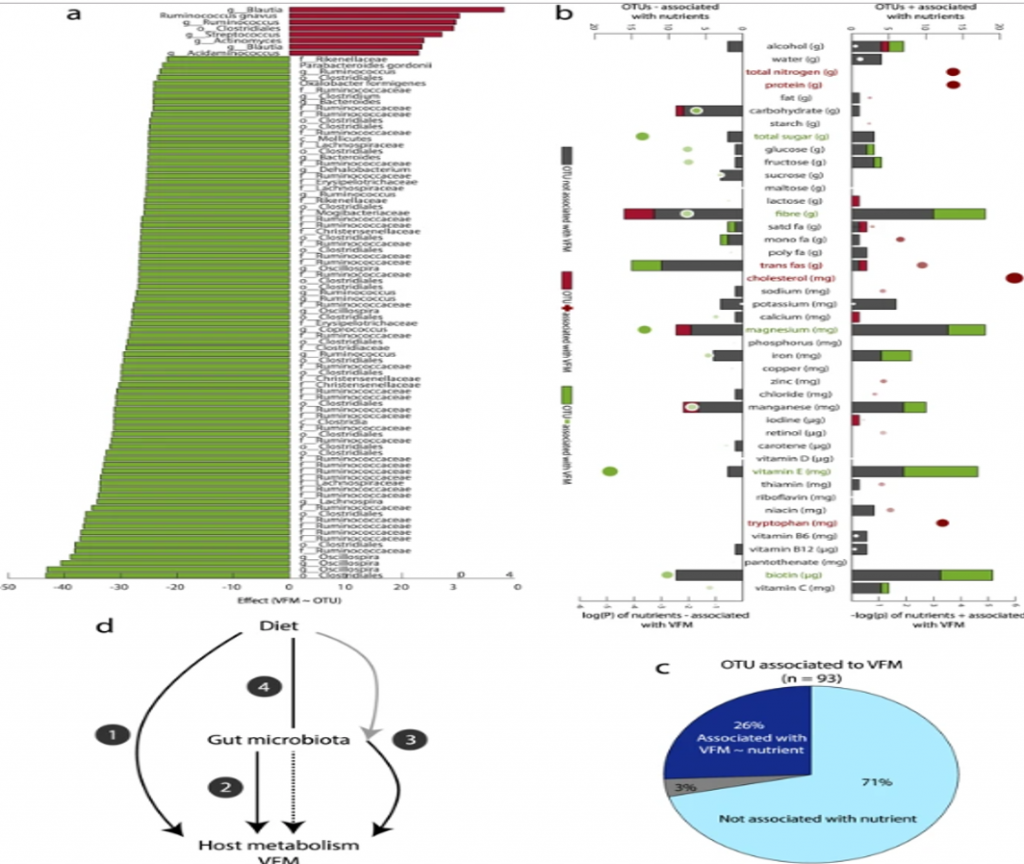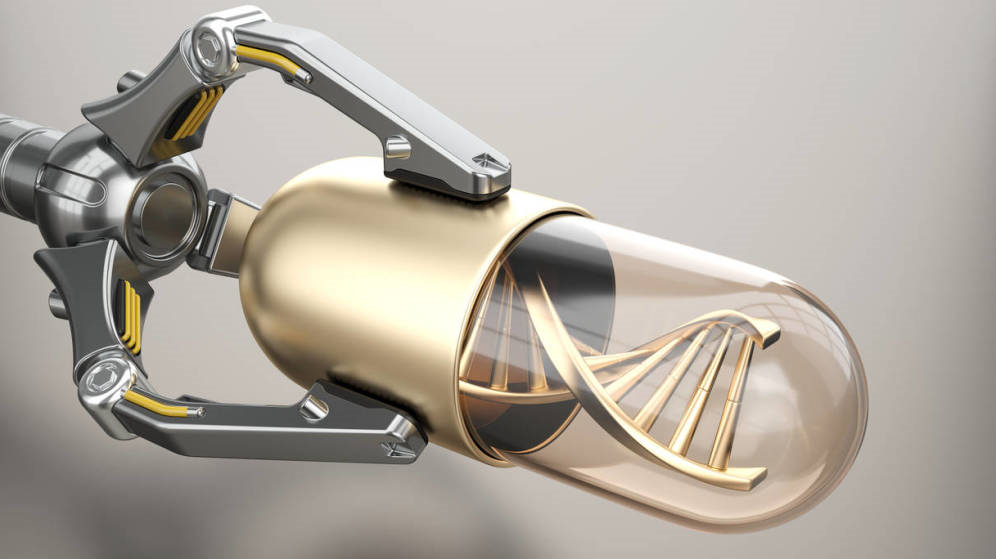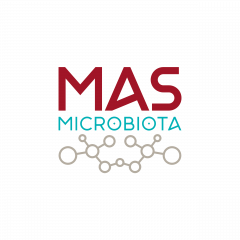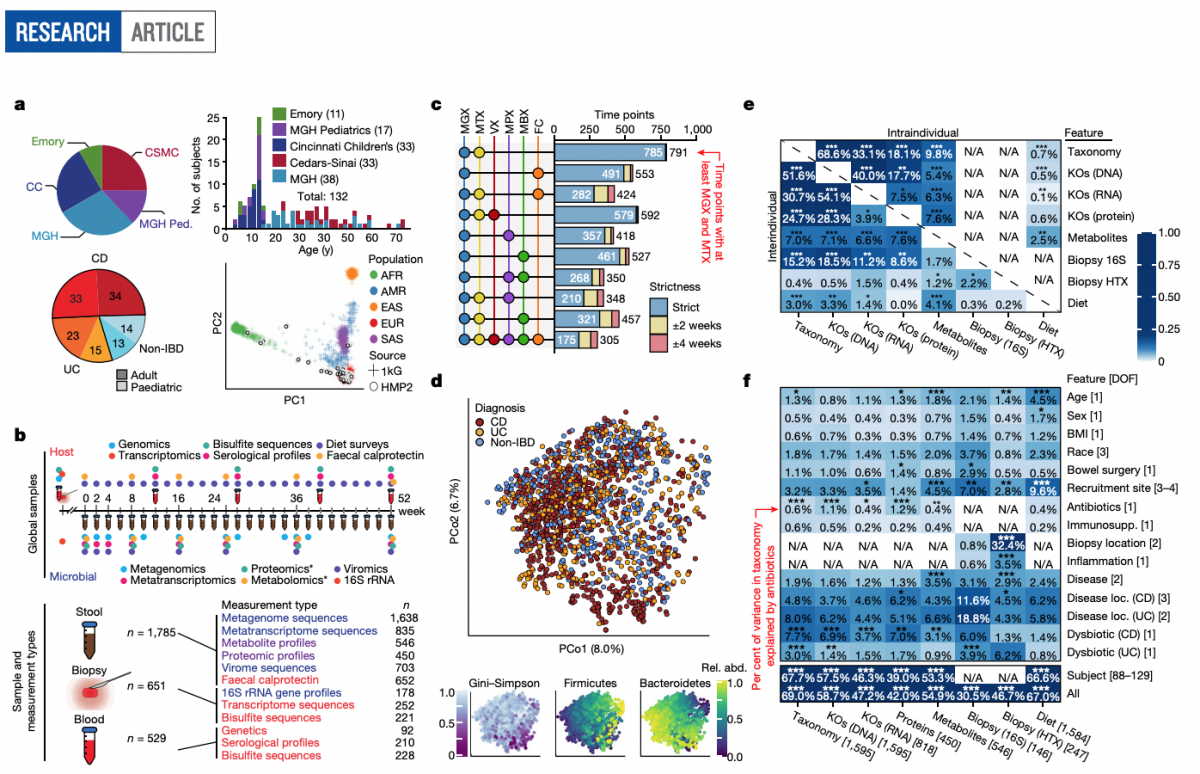https://doi.org/10.1038/s41586-019-1237-9
ABSTRACT
Inflammatory bowel diseases, which include Crohn’s disease and ulcerative colitis, affect several million individuals worldwide. Crohn’s disease and ulcerative colitis are complex diseases that are heterogeneous at the clinical, immunological, molecular, genetic, and microbial levels. Individual contributing factors have been the focus of extensive research. As part of the Integrative Human Microbiome Project (HMP2 or iHMP), we followed 132 subjects for one year each to generate integrated longitudinal molecular profiles of host and microbial activity during disease (up to 24 time points each; in total 2,965 stool, biopsy, and blood specimens). Here we present the results, which provide a comprehensive view of functional dysbiosis in the gut microbiome during inflammatory bowel disease activity. We demonstrate a characteristic increase in facultative anaerobes at the expense of obligate anaerobes, as well as molecular disruptions in microbial transcription (for example, among clostridia), metabolite pools (acylcarnitines, bile acids, and short-chain fatty acids), and levels of antibodies in host serum. Periods of disease activity were also marked by increases in temporal variability, with characteristic taxonomic, functional, and biochemical shifts. Finally, integrative analysis identified microbial, biochemical, and host factors central to this dysregulation. The study’s infrastructure resources, results, and data, which are available through the Inflammatory Bowel Disease Multi’omics Database (http://ibdmdb.org), provide the most comprehensive description to date of host and microbial activities in inflammatory bowel diseases.
Lloyd-Price, J., Arze, C., Ananthakrishnan, A. N., Schirmer, M., Avila-Pacheco, J., Poon, T. W., … Investigators, I. (2019). Multi-omics of the gut microbial ecosystem in inflammatory bowel diseases. Nature, 569(7758), 655–662. https://doi.org/10.1038/s41586-019-1237-9
Disección del papel de la microbiota intestinal y la dieta en la acumulación de masa visceral de grasa

Ruth CE Bowyer ,
Juan E. Castillo Fernández.
Publicado: 5 de julio de 2019
Se ha demostrado que tanto la microbiota intestinal como la dieta afectan la masa grasa visceral (VFM), un factor de riesgo importante para la enfermedad cardiometabólica.
Las pastillas hechas con impresora 3D capaces de analizar tu microbiota

31/07/2019 05:00
La ciencia avanza por momentos y ahora, gracias al invento de un grupo de investigadores estadounidenses, las técnicas invasivas para comprobar dónde está situada nuestra flora intestinal serán innecesarias.


